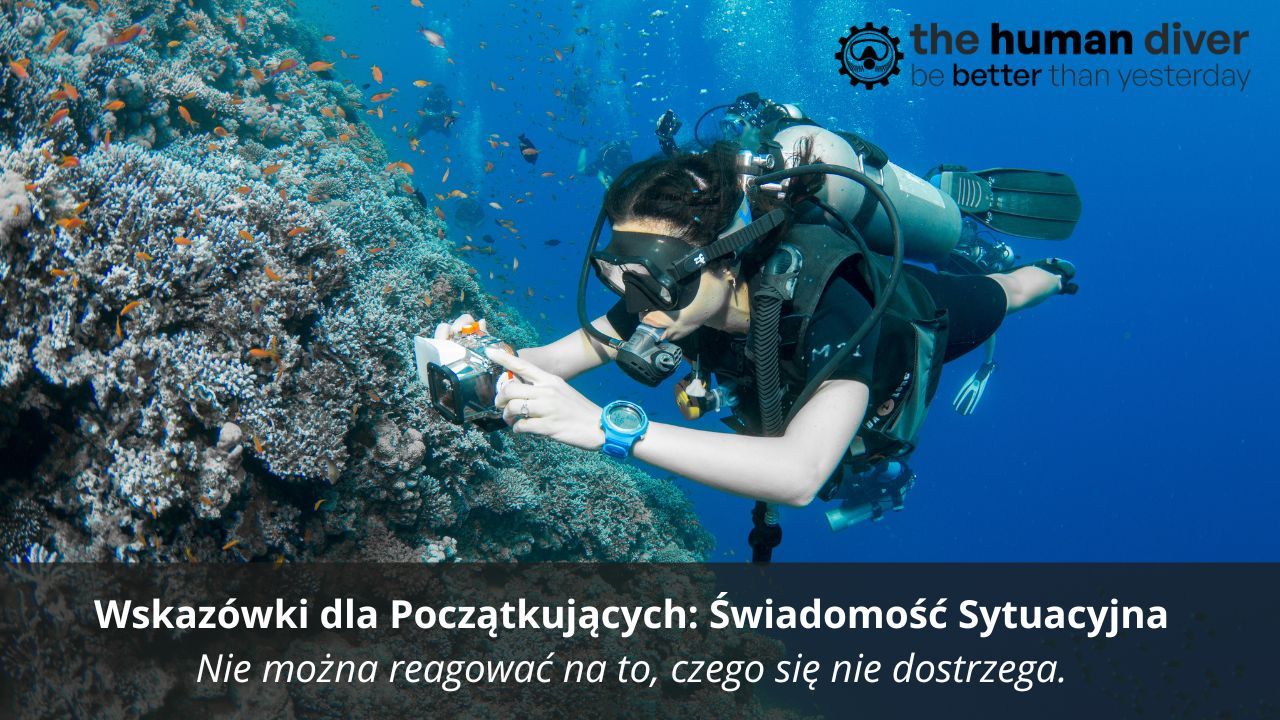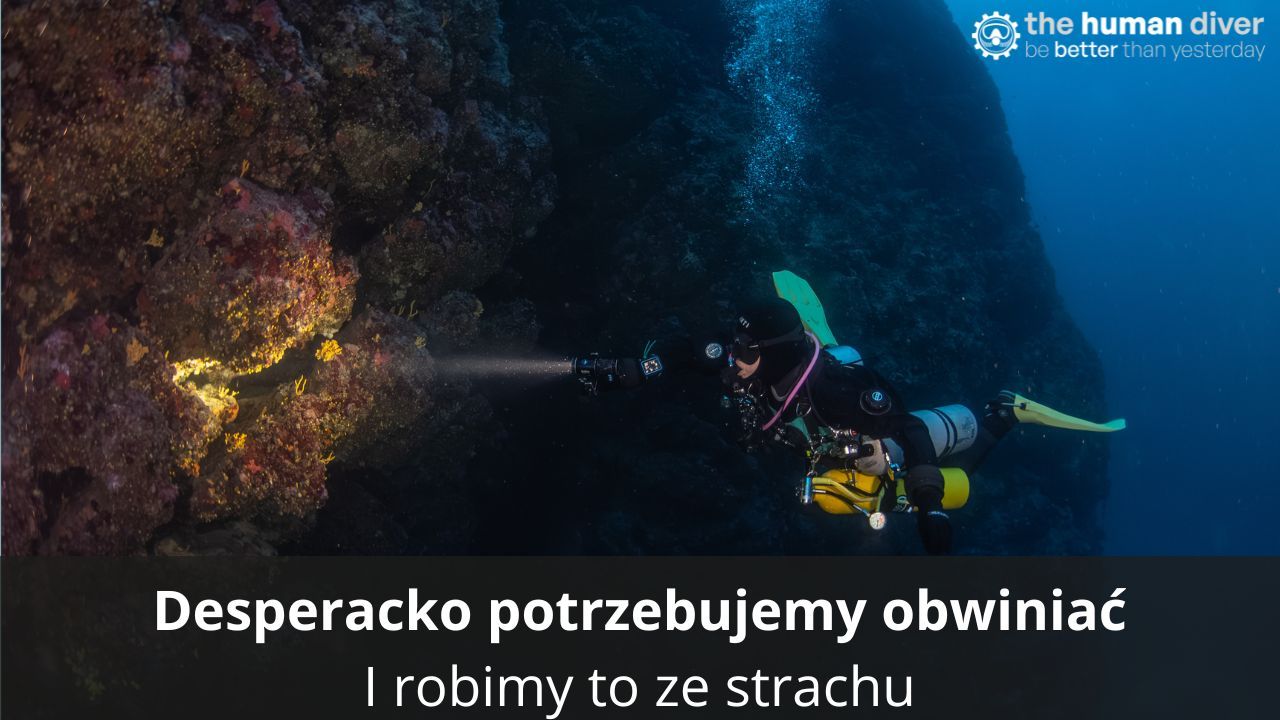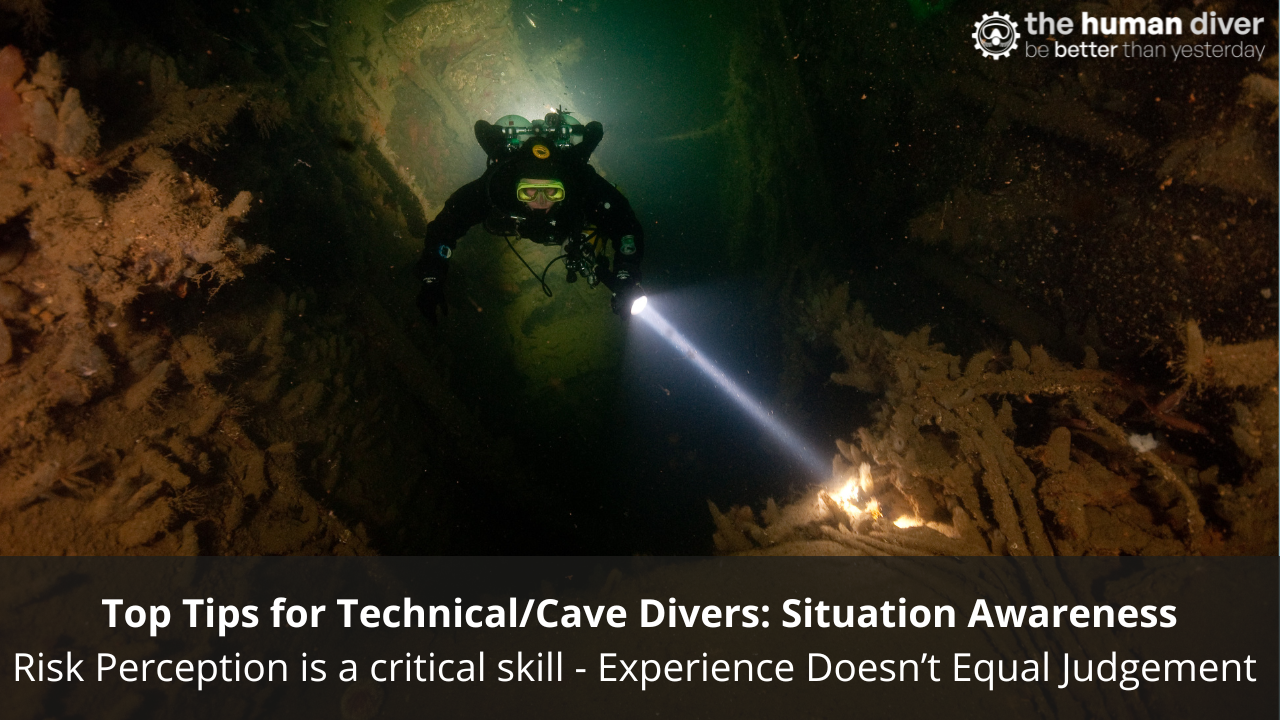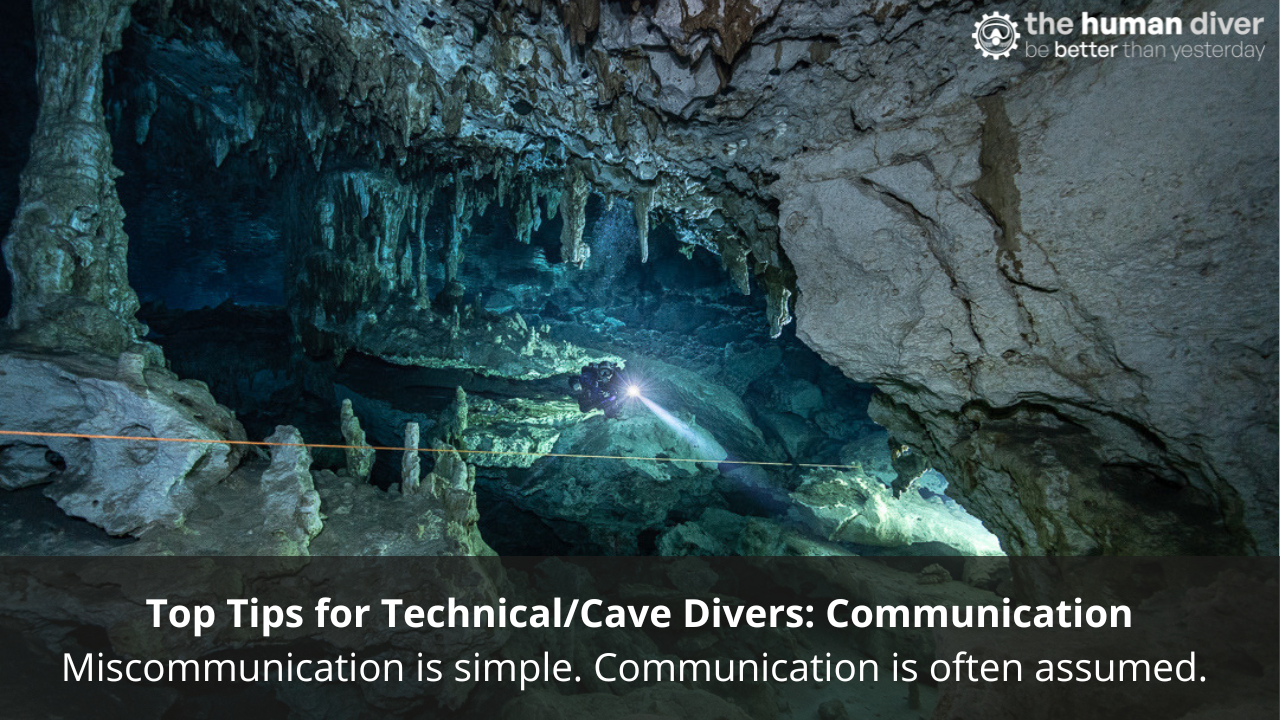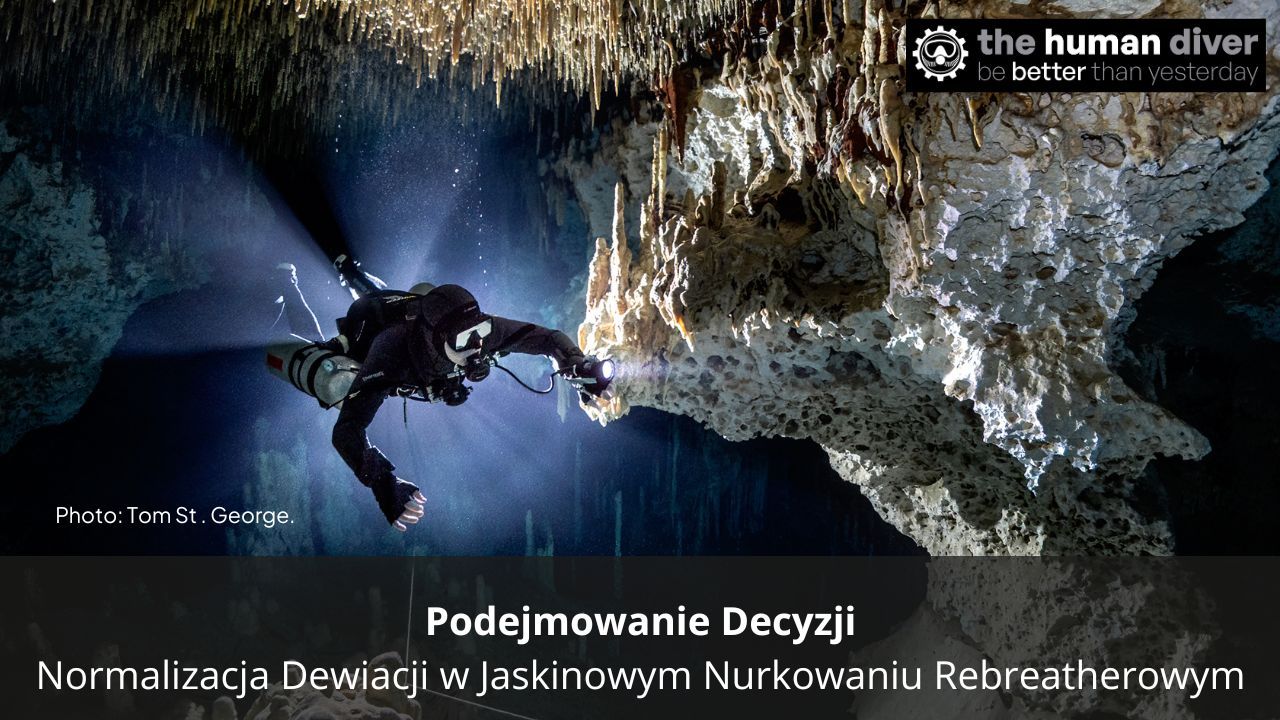
Speaking the right language
Apr 17, 2024When I started on my journey as a diving instructor, teaching others seemed relatively simple. Little did I know that beyond the technicalities of teaching diving skills lay a profound challenge, one that tested not only my instructional abilities but also my understanding of human behavior and cognition.
In those early days, explaining to students why they hadn't passed a course seemed relatively straightforward. If a student struggled with basic skills like mask clearing or buoyancy control, the reasons for their shortcomings were evident and easily conveyed. However, as my teaching career progressed, I encountered a different kind of challenge, a challenge that defied easy explanation and left both my students and me perplexed.
It was the students who, on the surface, appeared competent in most skills yet were missing….something. Despite their apparent competence, there was a palpable sense of a gap; a critical element that eluded definition. As an instructor, this posed a significant dilemma. How could I help my students improve when I couldn't pinpoint the precise issue that was wrong?
Language, I soon realised, played a pivotal role in this problem. We need it to communicate but if we don’t know the words, then it’s very difficult to pass on what we mean. This barrier isn't confined to learning a foreign language; it affects even our interactions in our native tongue.
It wasn’t until I started learning about human factors that I realised the words I was missing were “Situation Awareness”. It’s a term I was familiar with, I just hadn’t applied it in this case. Once I understood a little bit more though, I realised it was the missing part. Quite often a student was perfectly capable of doing everything else, but lacked awareness. The word “awareness” is even in the standards of the courses I teach, but because I didn’t have a full understanding of what it looked like, I was lacking the language to bridge the gap between theory and practice, to both understand it myself and explain it to students.

This is a problem that comes up often and has been argued about by philosophers for centuries. Ludwig Wittgenstein said in 1922 "The limits of my language mean the limits of my world." In other words, our ability to articulate experiences shapes the extent of our understanding and communication. That doesn’t mean you can’t see when other things exist (for example I knew that there was ‘something’ wrong or missing from my students), it just means that we are limited with being able to verbalise and therefore explain it. This makes everything more difficult. Imagine trying to explain a rainbow to someone who only knows the words for red, yellow, green and blue. “The order is red, followed by yellow-red, then yellow, green, blue, darker blue, blue-red”. It’s possible (the word orange to mean the colour began to be used as late as the 16th century, before that it was just called yellow-red or red-yellow) but far more difficult. Children often get frustrated because they lack the language to be able to explain how they’re feeling or what they think.
Human factors has its own language. Most of the words are common words but the way in which we use them allows people to express what they mean in a different way than before they learnt them. This is a really powerful ability. It means we can get across different ideas, as well as understand more ourselves. Take the word “communication”. If you ask someone what we mean by it, most people will say talking and listening or hearing. Some people might also add in body language too. But if we dig deeper we know it’s more than just that, it is just not as easy to explain in a single sentence. When we start digging into what communication really is we open up our vocabulary and make it easier to explain why things might not be being communicated clearly, or how to improve communication. The same with “decision making”. When we look into the processes involved, we start to understand more and that shines a new light on other people’s choices, as well as our own. Once we understand them better, we can also help analyse those choices, and work out how to make better ones next time. Understanding what situation awareness is makes it easier to spot when it’s lost, and help people build ways to avoid that happening, or make plans to keep them safe when they know they won’t have good awareness. “Stress” is when someone is under pressure but how do we recognise it? What does it look like, and how can we help reduce it? The language we use to talk about someone’s stress levels can really impact on them to help them decrease it, but if we don’t understand them properly, we may find ourselves inadvertently increasing the pressure.

Summary
Human factors is about human cognition and behavior. Understanding its language helps us bridge linguistic barriers to convey complex concepts and build a deeper understanding.
Language has a profound impact on our perception of the world. It is through words that we construct our reality, shaping our understanding of ourselves and the world around us. And it is through understanding the nuances of language that we unlock the keys to deeper learning and greater insight.
Learning about human factors is like learning a new language. One that helps us to understand the world around us easier. By doing so it expands our own world limits.

Jenny is a full-time technical diving instructor and safety diver. Prior to diving, she worked in outdoor education for 10 years teaching rock climbing, white water kayaking and canoeing, sailing, skiing, caving and cycling, among other sports. Her interest in team development started with outdoor education, using it as a tool to help people learn more about communication, planning and teamwork.
Since 2009 she has lived in Dahab, Egypt teaching SCUBA diving. She is now a technical instructor trainer for TDI, advanced trimix instructor, advanced mixed gas CCR diver and helitrox CCR instructor.
Jenny has supported a number of deep dives as part of H2O divers dive team and works as a safety diver in the media industry.
If you'd like to deepen your diving experience, consider taking the online introduction course which will change your attitude towards diving because safety is your perception, visit the website.
Want to learn more about this article or have questions? Contact us.




